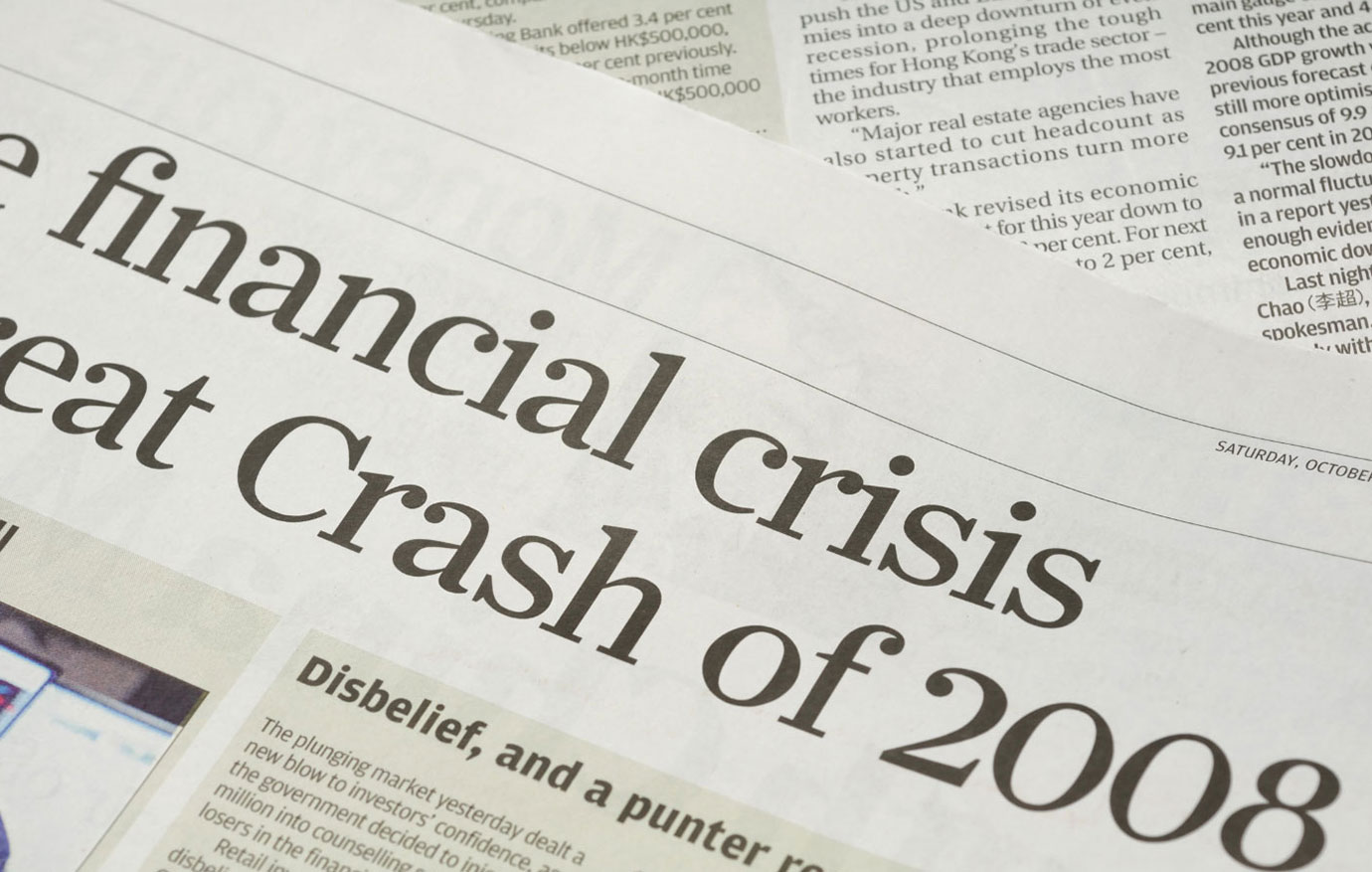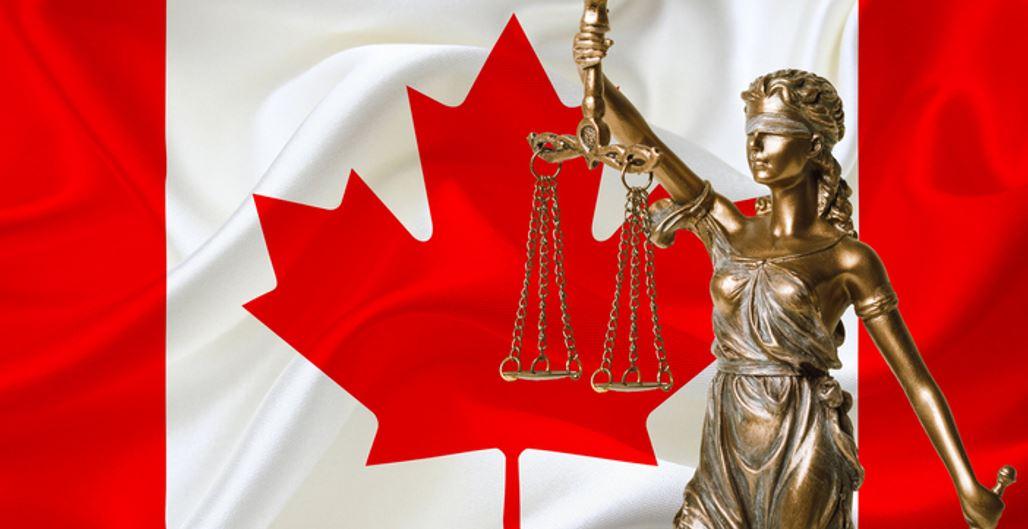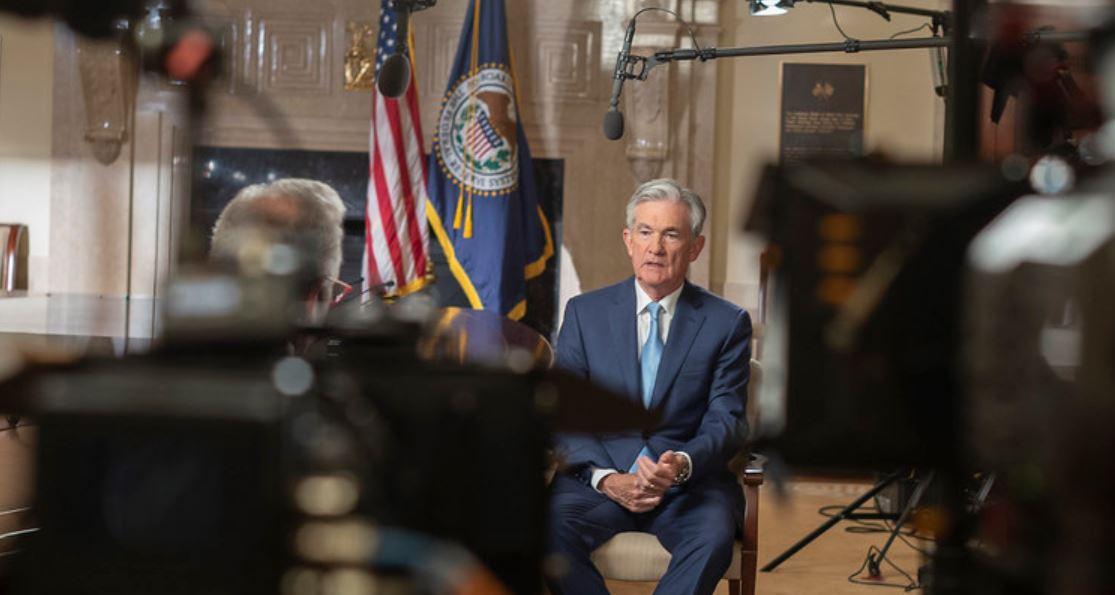Where Prices Come From: Menger Explains
Prices Reflect Exchange Ratios Prices, as Menger points out in his Grundsätze, emerge as an accidental phenomenon. They are not the essence of economic activity. Prices are fortuitous insofar as they are the unintended result of an economic exchange that has
Saifedean Ammous on Knowledge Entrepreneurship
Saifedean Ammous is a knowledge entrepreneur. He creates new knowledge that’s valued by his customers, because it helps them to think better and better informs their actions. He carefully appraises the knowledge provided by great thinkers of the past, and re-presents
Sixth Assessment Report – IPCC
Founded in 1988 by the World Meteorological Organization (WMO), in collaboration with the United Nations Environment Programme (UNEP), the Intergovernmental Panel on Climate Change (IPCC) currently comprises 195 member states. Contrary to popular belief, IPCC itself does not conduct research
Macroeconomic Data Is a Tool for Government Intervention
It is common for commentators and economists to refer to something called the “economy,” which sometimes performs well and at other times poorly. The “economy” is presented as a living entity apart from individuals. For example, various experts report that the “economy”
Two Percent Inflation Is a Lot Worse Than You Think
Even at a "mere" two-percent level, cumulative price increases over time are nothing to scoff at. Even worse, if we look at what people really spend money on, price inflation doesn't much reflect the conclusions of "official" stats. Original Article: "Two
The Secret Ronald Reagan Told Me about Gold and Great Nations
Fifty years after Nixon closed the gold window, prices are heading toward 1970s-era increases. Yet the Fed cannot increase interest rates as long as the politicians keep creating billions of new debts. Original Article: "The Secret Ronald Reagan Told Me about
British Columbia’s Supreme Court Gets an F in Healthcare Economics
British Columbia's supreme court recently upheld the province’s restrictions on privately funded healthcare, despite the pain and suffering inflicted on people who have been victimized by the government’s broken promise to provide universal healthcare. Justice John Steeves said his decision
Reifschneider and Wilcox’s Case for a Three Percent Inflation Target
In view of the Fed's failure to achieve two percent inflation for much of the post-2007 period, the suggestion that it will find it easier to hit a higher target may well strike many as perverse—as if someone suggested that
Don’t Be Fooled by the Fed’s Taper Talk
Question: Suppose the Fed doubles the supply of ”high-powered money” (monetary base) from around 15 percent to 30 percent of US GDP over a period of less than two years, then announces that the pace of increase will slow to
Third Dose of Vaccine as a Cautionary Measure; Raising Questions Over the Efficiency of the Current Doses of the Vaccine
During the first half of July, confusion over the need for a third dose of a COVID-19 vaccine began to mount after the vaccine giant Pfizer-BioNTech announced its intention to seek authorization for a booster shot in the United States.











